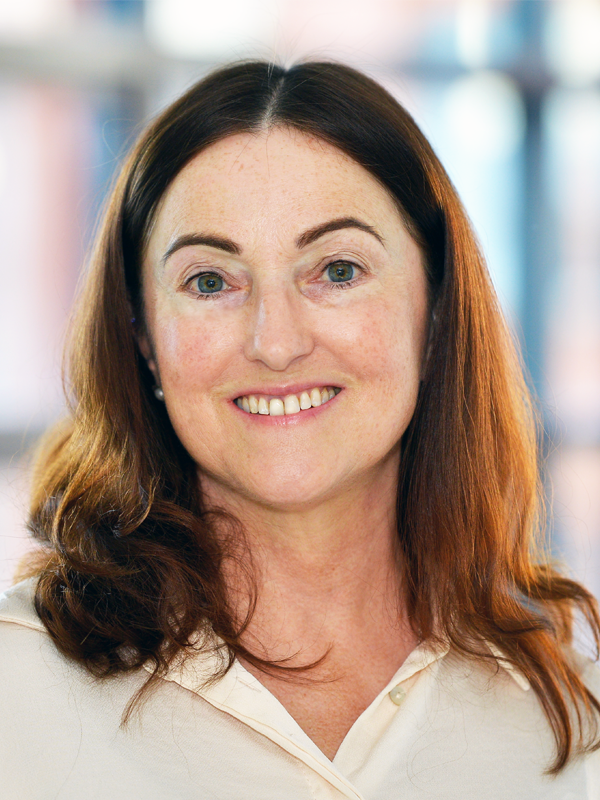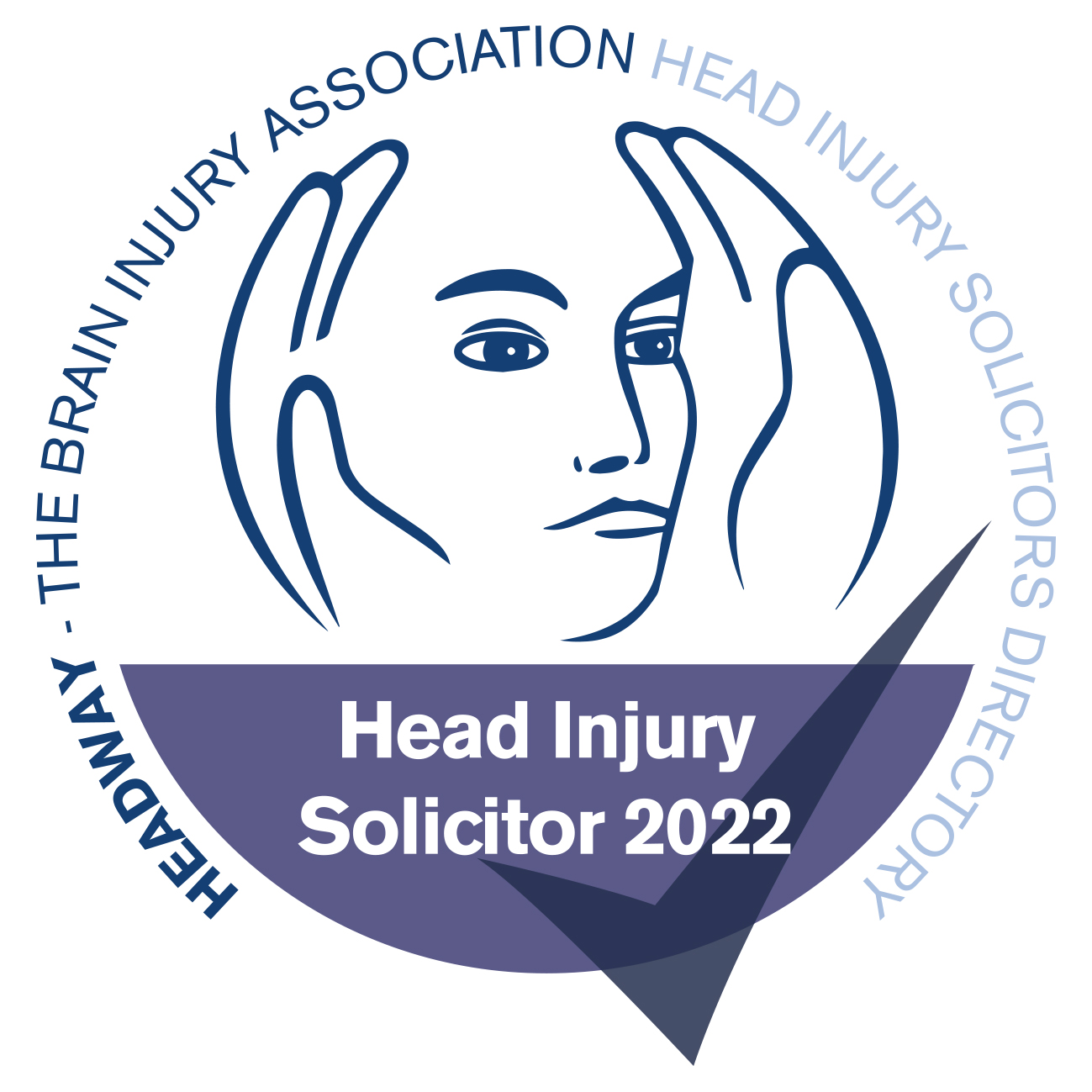Fatal Accidents Caused by Clinical Negligence
If you have lost a loved one as a result of clinical negligence, it can be hard to know where to turn, especially if the coroner has become involved.
In delicate cases like this, the Manchester-based team of expert clinical negligence solicitors at Potter Rees Dolan can help you claim compensation. There are many considerations you’ll need to make after the death of a loved one, while also dealing with the emotional impact of the loss, and our team will support you throughout the process by making the claim on your behalf and taking on as much of the responsibility as possible.
Fatal accident compensation can help by providing peace of mind and a financial buffer which can allow you time and space to grieve. Compensation can also provide for any financial dependants of the deceased or be used to pay for any medical debts incurred by your loved one during their treatment.
Our team of specialist lawyers is here for you and ready to help you get the support you need. Call us on 0800 027 2557, or fill in the contact form on the side of the page to request a call back at your convenience.
How we can help
It is often difficult to know the first steps to take following the loss of a loved one. Here at Potter Rees Dolan in Manchester, our specialist solicitors can help you decide how to proceed. If you decide to bring a claim, we will:
- investigate the circumstances surrounding your loved one’s death quickly and efficiently
- ensure that you experience minimal stress during the claims process
- be there to provide you with advice whenever needed
- be transparent with you in relation to funding the claim, particularly if there are multiple dependants
- guide you through the difficult process of identifying any financial loss
Our highly regarded clinical negligence team is made up of Helen Dolan, Lesley Herbertson, Gill Edwards and Helen Budge, all of whom feature in the prestigious Legal 500 and Chambers guides. We have considerable experience of dealing with cases just like this and can help to advise you at every step of what can often be a challenging legal process by taking responsibility for as much of the process as possible, to leave more time for you and your family.
Potter Rees Dolan’s clinical negligence team is well regarded as one of the very best in the UK. Boasting a combined 100 years’ experience in serious injury law and comprehensive medical insight, our team has an unwavering dedication to helping families recover the compensation they deserve.
When can I pursue a fatal accident claim for clinical negligence?
There are many different circumstances under which the death of a loved one while in a hospital or other care facility might be the result of clinical negligence. These can include:
- Misdiagnosis of a fatal illness
- Healthcare-associated infections
- Errors in prescribing or administering medication
- Early discharge or insufficient follow-up care
- Mistakes during routine surgery or when administering an anaesthetic
If any of the above were a factor in the death of a loved one, you may be able to pursue a fatal accident claim on their behalf.
To do so, you must either be able to demonstrate that you were financially dependent upon the deceased, be an executor of your loved one’s will, or be an administrator or other representative of their estate.
Should I seek fatal accident compensation or pursue a complaint following the death of a loved one?
It is not always appropriate to pursue a clinical negligence fatal accident claim following the death of a loved one. In some situations, a complaint against the hospital or healthcare professional may be more effective.
When pursuing a complaint, it is advisable to contact the various organisations that assist individuals in this situation. For example, your local Patient Advice and Liaison Service (PALS) can often assist you with directing your complaint to the appropriate person within the hospital; in cases where you pursue a complaint and remain unsatisfied with the response, you may wish to consider approaching the Parliamentary and Health Services Ombudsman for additional support.
If you’re unsure about whether the death of a loved one should be investigated by way of complaint or via a fatal accident claim, you should first take advice from a legal team with expertise in the field of clinical negligence.
FAQs
What happens at an inquest?
In some situations where an individual has passed away due to clinical negligence, the Coroner can become involved and the death investigated at an inquest.
Most Coroners will send the family of the deceased information regarding the inquest process. If you do not have legal representation, your local government website may be a useful starting point for further information. An example of the guidance available can be found on the Manchester City Council website, which contains useful information that is applicable to inquest processes all over the country.
Who can be classified as a dependant?
By law, dependants are individuals who relied upon the deceased to financially support them. This can include children, spouses and civil partners, as well as people who had been living with the deceased and can demonstrate financial reliance on them.
Contact us today
Contact Potter Rees Dolan’s expert clinical negligence team today by calling 0800 027 2557 or by filling in the enquiry form on this page. If you’re looking to speak to a specific member of the team, visit their profile on our people page.
Useful Information
Pressure Sores (Ulcers)
These occur when the skin is placed under pressure and can range in severity; from discoloured skin to open wounds which expose bone or muscle.
Pressure sores can develop when a large amount of pressure is applied over a short period of time or a small amount of pressure over a longer period of time. They can form, for example, when recovering from an operation when confined to lying in a bed for long periods of time.
If the patient's position is changed regularly, then pressure sores can be prevented as blood flow can be undisturbed. A care team would develop a repositioning timetable to set out how often someone needs to be moved in order to prevent or reduce the impact of pressure sores.
Here you can read about a client who developed pressure sores after suffering a spinal cord injury when he was left in bed too long and rotation procedures were not followed.
Even when pressure sores have been cared for properly, complications can arise with grade 3 or grade 4 pressure sores potentially life threatening. An elderly client of PotterReesDolan sadly passed away after developing pressure sores and subsequently pneumonia.
Pressure sores can also be an issue for people in wheelchairs as they can often be provided with unsatisfactory equipment, meaning sores can develop due to the prolonged pressure on the skin.












